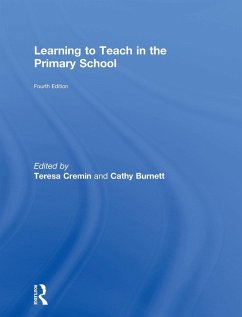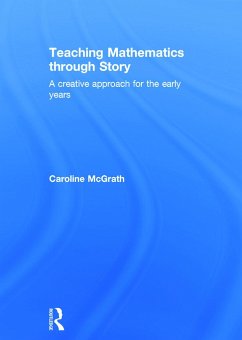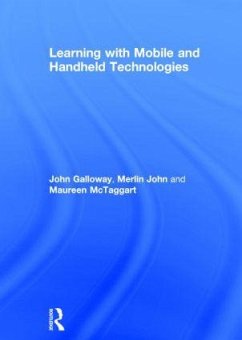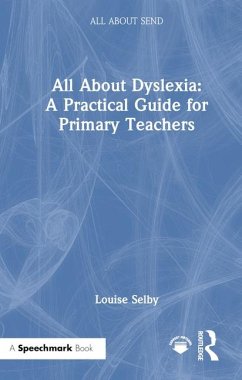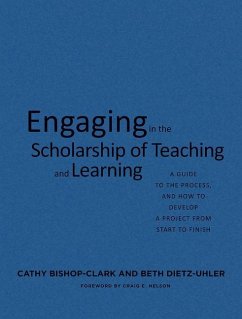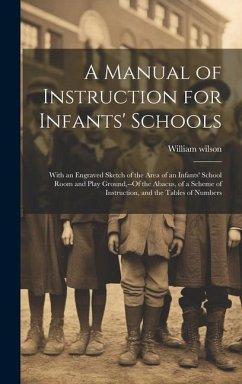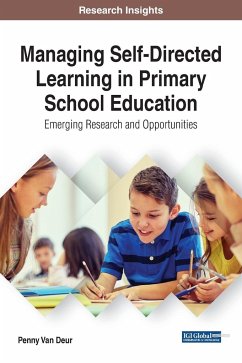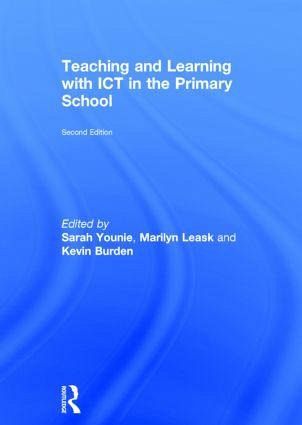
Teaching and Learning with ICT in the Primary School
Versandkostenfrei!
Versandfertig in über 4 Wochen
165,99 €
inkl. MwSt.

PAYBACK Punkte
83 °P sammeln!
The new edition of Teaching and Learning with ICT in the Primary School introduces practising and student teachers to the range of ways in which ICT can be used to support and extend teaching and learning opportunities in their classrooms.



